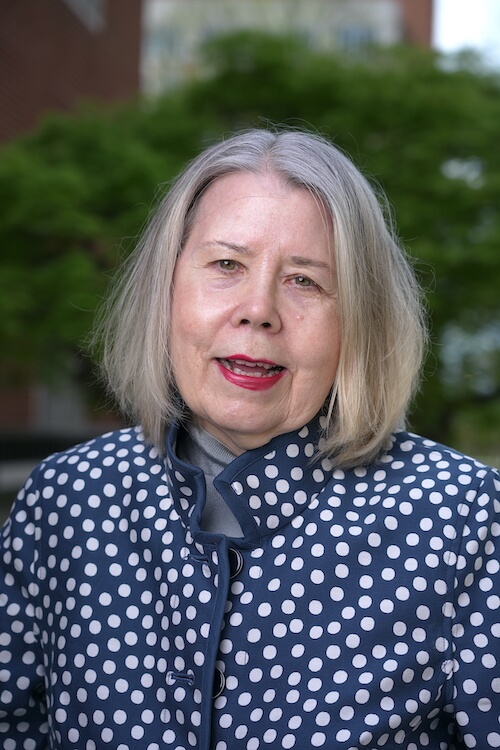Iris Goodwin

Iris Goodwin
Areas of Expertise
Political Theory, Philanthropy, Estate and Gift Tax
Education
JD, 1988, New York University
PhD, 1988, Columbia University
AB, 1984, Barnard College
About
A legal scholar with a background in political theory, Professor Iris Goodwin has embraced the challenging task of examining elements of the private law in light of public law concerns. She retired from the College of Law in 2022.
Professor Goodwin is particularly interested in understanding how the activities of individuals in civil society – the essential proto-political complement to any healthy democracy, a domain of citizen activity both voluntary and public – are enabled by elements of the private law. This is an original line of inquiry in contemporary scholarship, as the only legal framework generally appreciated as constitutive of civil society is the guarantee of freedom of association under the First Amendment. She is currently at work on the third in a trilogy of articles examining gifts to charities made subject to a restricted purpose and the impact of laws governing these gifts upon the activist donors who typically make them. As private visions of the public good, donor-imposed legal restrictions sit at the intersection between public and private, in that space where civil society plays its essential role in democracy, mediating between the state and voluntary action.
Professor Goodwin’s interest in the public implications of private orderings has also prompted her to explore the normative dimension of laws facilitating the intergenerational transfer of wealth, especially in families with outsize fortunes (a subject she knows well from both teaching and practice). The dissipation of great fortunes over successive generations of the wealthy has long been viewed as salubrious in a democratic polity. Recent changes in the law make it possible, however, for very wealthy families to resist in perpetuity the various dissipating pressures historically at work on their fortunes, including wealth transfer tax. In her examination of the most recent of these legislative innovations, the Family Trust Company, Professor Goodwin urges that this change in the law must not be examined in isolation, but rather as it is likely used — as the crowning implement in a mega-watt estate plan. New laws permitting the ready establishment of a Family Trust Company are likely to be layered in application with other statutory developments, such as the elimination of the Rule against Perpetuities, to secure the family fortune from the public fisc forever. Professor Goodwin’s work on how the legal device of the Family Trust Company threatens an important background condition of a thriving democracy will be cited in the forthcoming Restatement (Third) of Property.
Professor Goodwin taught at the College of Law from 2005 until 2022, after having been a Faculty Fellow at Seton Hall Law School from 2003-2005. She earned her J.D. at New York University and her Ph.D. in political theory at Columbia University, where she was a Chamberlain Fellow and a member of the Columbia College of faculty. She then began her legal career as an associate at Sullivan & Cromwell. Later she was Senior Vice President and Associate Fiduciary Counsel at Bessemer Trust Company.
Professor Goodwin is increasingly sought out for her views on developments in the area of estate and gift tax and in the area of philanthropy, especially donor-restricted gifts. In September 2008 she was a panelist at the Congressional Roundtable convened by Senator Charles Grassley (R-OH) and Congressman Peter Welch (D-VT), where she testified on proposed legislation requiring wealthy universities to spend their endowments to make higher education more affordable. She has been quoted in the New York Times and the Knoxville News-Sentinel.